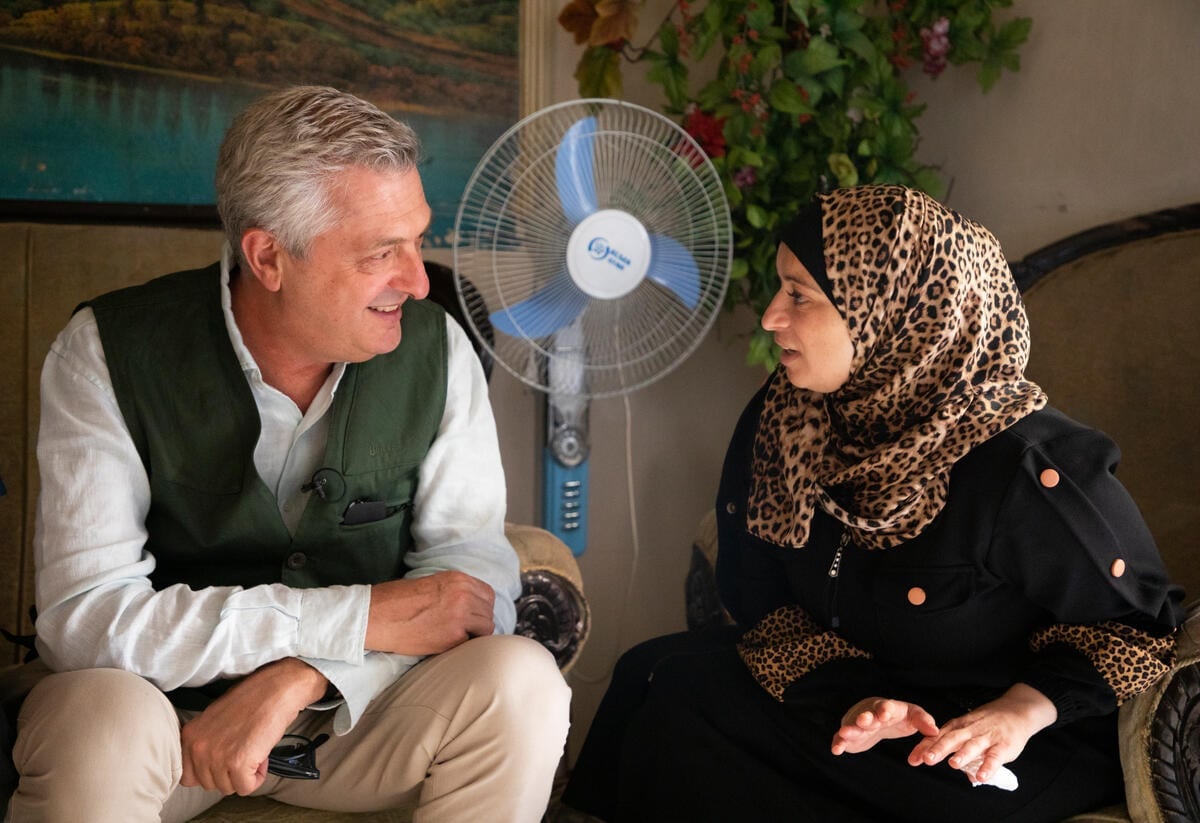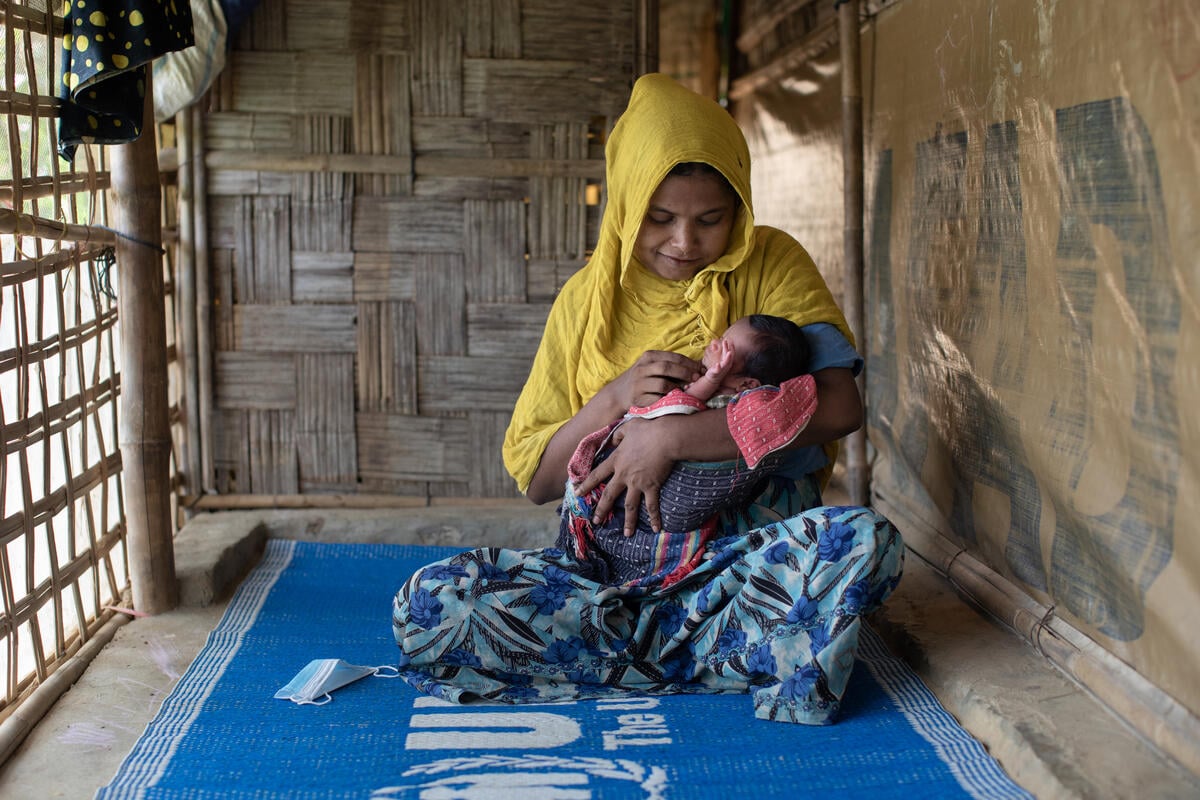UNHCR seeks $10 million to continue Afghan repatriation
UNHCR seeks $10 million to continue Afghan repatriation

GENEVA, 10 August (UNHCR) - The UN refugee agency asked donors on Friday for an additional $10 million to cover the cost of assisting repatriating Afghans, who are returning from Pakistan to their homeland in greater numbers this year than originally forecast.
"UNHCR has been able to assist more than 300,000 Afghans to return to their homeland this year. But funds will soon be exhausted and we are making an urgent request for an additional $10 million," UNHCR spokeswoman Jennifer Pagonis said. "This will enable us to support the return and reintegration of a revised total of 400,000 Afghans this year."
Returnees receive a transport and reintegration grant, medical check-ups and children receive polio and measles vaccinations. They also receive mine awareness training at a transit centre in Afghanistan.
The call for extra funding follows a request for an additional $15 million made in April and brings the revised budget for the entire Afghanistan operation - covering UNHCR activities during 2007 with Afghans in Iran, Pakistan and Afghan - to a total of $108,373,526.
The voluntary repatriation has been mainly from Pakistan, where the total number of returning Afghans has passed the 306,000 mark. Only some 4,200 Afghans have repatriated with UNHCR from Iran this year.
The numbers exceeded the original prediction mainly because of a surge in repatriation early in the year from Pakistan. UNHCR offered to repatriate Afghans who had not participated in the government's mandatory registration, which gave documents allowing holders to remain until the end of 2009. Unregistered Afghans now fall under the normal Pakistani laws on foreigners and some 206,000 of them took up the offer of UNHCR repatriation assistance by the time the grace period ended in mid-April.
Currently, the main reasons refugees are returning are their conditions in host countries and the policies of the host governments. UNHCR continues to monitor developments in both the host countries and Afghanistan to determine if repatriation is voluntary and gradual, principles enshrined in the Tripartite Agreements signed by UNHCR and the concerned governments that set the legal framework for voluntary repatriation.
Since the launch of UNHCR's repatriation operation in 2002, over five million Afghans have returned to Afghanistan - 3.2 million from Pakistan and 1.8 million from Iran. However, last year, voluntary repatriation fell to 139,000 Afghans, the lowest level since 2002.
"The deteriorating security situation and economic and social conditions inside Afghanistan are contributing to the decline," said Pagonis. "However, half of the remaining three million registered Afghans in the region were born outside their homeland. Most returnees since 2002 have been outside their country for relatively short periods."
Judy Cheng-Hopkins, UNHCR's Assistant High Commissioner for Operations, emphasized during a visit to Afghanistan, Pakistan and Iran this month that the key to continued and successful repatriation was improving security, raising living standards, and enlarging employment opportunities through reconstruction and development programmes in Afghanistan.
"Obviously people will come home and they will stay in a sustainable manner only if they have shelter, they have some form of livelihood. If not, as you can imagine, what would happen is they will come back across again," Cheng-Hopkins said in Pakistan.
During her visit, Pakistan, Afghanistan and UNHCR extended their three-party agreement that sets the principles of voluntary and gradual returns for remaining Afghans. A separate tripartite agreement exists between UNHCR and the governments of Afghanistan and Iran.
"I think it is very important to note that all three parties have agreed the returns should be voluntary and gradual. Why gradual? Because the conditions are such within Afghanistan, with lack of infrastructure, insecurity and lack of livelihood, that it is difficult for the country to absorb millions of people returning," Cheng-Hopkins said.








